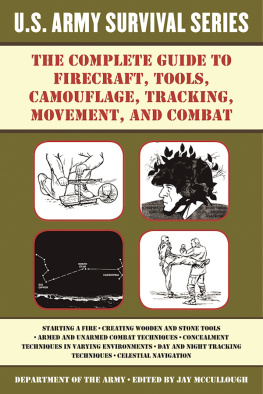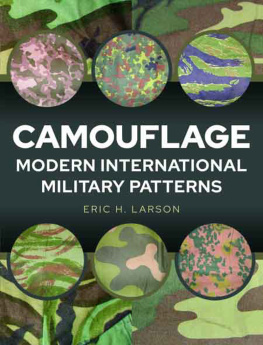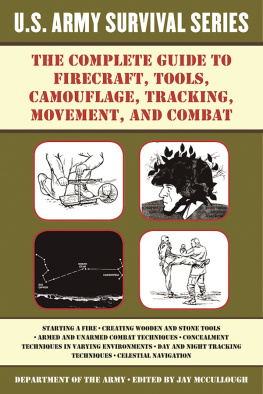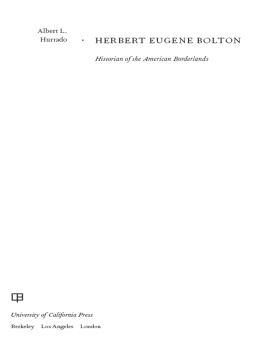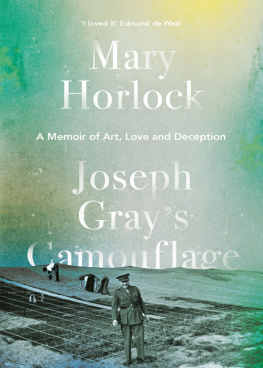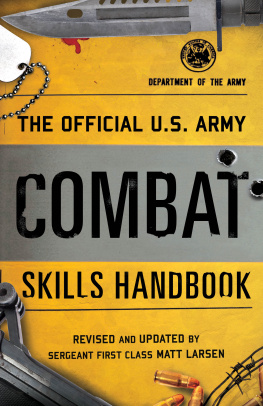CAMOUFLAGE ISNT ONLY FOR COMBAT
Melissa S. Herbert
CAMOUFLAGE ISNT ONLY FOR COMBAT
GENDER, SEXUALITY, AND WOMEN IN THE MILITARY
NEW YORK UNIVERSITY PRESS
New York and London
1998 by New York University
All rights reserved
Library of Congress Cataloging-in-Publication Data
Herbert, Melissa S., 1956
Camouflage isnt only for combat : gender, sexuality, and women
in the military / Melissa S. Herbert.
p. cm.
Includes bibliographical references (p. ) and index.
ISBN 0-8147-3547-9 (cloth : acid-free paper)
1. United StatesArmed ForcesWomen. 2. Sociology, Military
United States. I. Title.
UB418.W65H47 1998
355.0082dc21 97-45414
CIP
New York University Press books are printed on acid-free paper,
and their binding materials are chosen for strength and durability.
Manufactured in the United States of America
10 9 8 7 6 5 4 3 2 1
CONTENTS
. Amazons and Butterflies:
Gender and the Military
. Dykes or Whores:
Sexuality and the Military
ACKNOWLEDGMENTS
One of the few certainties in life is that a project such as this cannot be completed without the assistance of others. Members of the Department of Sociology at the University of Arizona provided me with invaluable support for this project. Each member of my dissertation committee, Paula England, Pat MacCorquodale, Doug McAdam, and Jim Shockey, provided unique contributions to the conduct and completion of this research. I must also thank members of the Department of Sociology at the University of Massachusetts at Amherst, where I began my graduate training, especially Peter Rossi, who showed me that survey research was alive and well, and Gene Fisher and Jay Demerath, for telling me to go for it when others wished to convince me otherwise. Special thanks go to Ruth A. Wallace of The George Washington University. Without her support and encouragement I would never have rediscovered sociology. I would be remiss were I not to thank my departmental colleagues at Hamline University, Martin Markowitz, Maggie Jensen, and Navid Mohseni, for their continued support and good humor.
This research received partial support from a University of Arizona Graduate College Summer Research Support grant, as well as a University of Arizona Department of Sociology Dissertation Award. I also wish to acknowledge the support of the Womens Studies Advisory Council, whose grants enabled me to present my work at various professional meetings. I am also grateful for the Hanna Grant I received from Hamline University, which enabled me to conduct in-depth interviews, and for additional funding for computing resources from the Dean of the College of Liberal Arts.
I must thank my family, especially my parents, Ralph and Priscilla Walker, for always believing in me. Many friends and colleagues have freely given their support as well, especially Douglas Adams, Jennifer Eichstedt, and Daniel Jones. Thanks must also go to Katie Krile and Mackenzie Hickman, students at Hamline University who assisted in the preparation of final drafts of the manuscript.
I must acknowledge the assistance of the many wonderful people I have met on the listserv of The MINERVA Center, especially those who responded to my requests for verification of facts or figures. Special mention goes to Linda Grant DePauw of The George Washington University for establishing and maintaining The MINERVA Center. For those of us interested in women and the military, it is an incredibly valuable resource.
Thanks as well to Jennifer Hammer at New York University Press, whose editing was nothing short of miraculous. Never did I expect to actually agree with almost every change an editor might suggest! I am grateful as well to Niko Pfund, who expressed interest in the project long before it even resembled a dissertation.
Needless to say, without the participation of hundreds of women this project would not have been possible, and I thank them as well. I hope that, while some will see themselves in this story more clearly than others, they will each feel that at least a part of their voice is reflected.
1
INTRODUCTION
I was ashamed to admit that Id been in the service because I knew what the assumptions about my character would be. There was certainly no pride felt in my family about my service. There was grief when I went in, and I think some embarrassment. Nice girls didnt join the Army.
Major, Army, heterosexual
Since the 1940s, when women began to enter the military in significant numbers, questions have been raised about their intent, their ability, and, perhaps most frequently, their character. It was believed that a woman who would place herself in an environment that was both numerically and ideologically male must either be looking for a husband or for multiple sexual partners or must wish that she were, in fact, male. But, while the focus on the military may have been new, questions about womens participation in domains previously defined as male were not. When women first sought to attend college, it was widely believed that education might damage a womans reproductive system. When women sought to participate in sport, similar fears were expressed. In addition, as with the military, concern was voiced about what kind of women might want to participate in such activities in the first place.
When women seek to enter male domains, they are often confronted by societal expectations concerning what constitutes a real woman. Surely a real woman doesnt want to carry a weapon, sleep in a foxhole, or go for weeks without a shower. A real woman doesnt want to do men things. Sociocultural notions of what constitutes femininity and masculinity are used to insure that women who push the boundaries of gender are censured for such behaviors. While one mechanism is the threat that they are somehow less than real women, another is the threat of labeling them lesbian. A real woman does not do that most manly of men things, sleep with women. Gender and sexuality are intertwined in such a way that notions of appropriateness in one are used to reinforce the other.
Many women who have entered the military have done so with the disapproval of friends and family. While this is certainly not the case for all women, and is less the case today, the perception that women who would enter the military were not nice girls was at one time quite widespread.
In 1942, shortly before the establishment of the Womens Army Auxiliary Corps, civilian and military personnel alike expressed concern over the type of women who might join such an organization. Many believed that women who would be interested in the military would be either fierce, masculine
The confusion over what women doing mens work meant prompted a full-scale campaign to assure women, their families, and men, as well, that, though the economy required that women assume male roles, don functional clothing, and engage in physically demanding dirty work these new roles did not signify fundamental changes in the sexual orientation of women themselves or in their customary image as sex objects (Honey 1984: 114). A memo from the Office of Emergency Management addressed these fears, as well:
There is an unwholesomely large number of girls who refrain from even contemplating enlistment because of male opinion. An educative program needs to be done among the male population to overcome this problem. Menboth civilian and military personnelshould be specifically informed that it is fitting for girls to be in the service. This would call for copy which shows that the services increase, rather than detract from, desirable feminine characteristics. (Honey 1984: 113)



